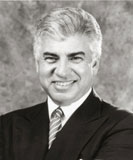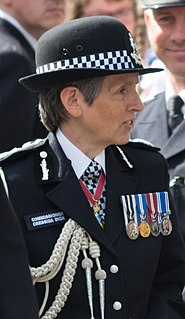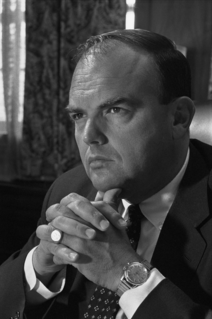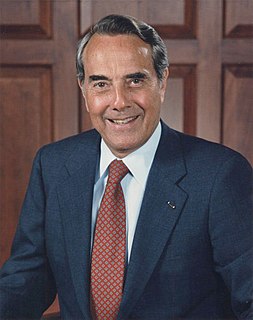A Quote by Nancy Gibbs
After the 1960s and '70s, there were real doubts about whether a mortal man could handle the country's highest office. It had destroyed Johnson, corrupted Nixon, and overwhelmed Ford and Carter.
Related Quotes
In the post-Watergate atmosphere of 1975 and 1976, the just-plain-folks personalities of both Ford and Carter seemed the perfect antidote to Nixon's arrogant, isolated presidency. But as alert history-minded readers know, Ford and Carter were both rebuffed by voters in their efforts to hold on to the presidency.
I think Nixon says a lot about those times. It was possibly hard, in the '90s and early 2000s to understand the grip of fear that communism had on the country in the 1950s and 1960s - a fear Nixon rode like a endless great wave on the Pacific to high office. I'm sure, though there's no evidence of it, one of the things that rankled him down deep was that it was called McCarthyism and not Nixonism.
I think I governed effectively. I don't have any doubts about that. I had the benefit, when I was in office, of having an excellent relationship with the Republican Party. We had superb bipartisan support and we had the highest batting average of any president since the Second World War, except Lyndon Johnson. He had a little better average than I did.
[T]he Nixon campaign in 1968, and the Nixon White House after that, had two enemies: the antiwar Left, and black people. You understand what I'm saying? We knew we couldn't make it illegal to be either against the war or black. But by getting the public to associate the hippies with marijuana and blacks with heroin, and then criminalizing both heavily, we could disrupt those communities. We could arrest their leaders, raid their homes, break up their meetings, and vilify them night after night on the evening news. Did we know we were lying about the drugs? Of course we did.
The Democrats loved Jimmy Carter, even though - and, by the way, take a look at some economic circumstances. In 1980, the economy of this country was in the tank after four years of Jimmy Carter. I mean, it was desperately bad. Unemployment was sky-high. Carter had seen us through a couple of near-depression recessions, all of this coming out of Watergate, which happened in 1972.






























